OPTO METRY
A boundless and dynamic career in healthcare




















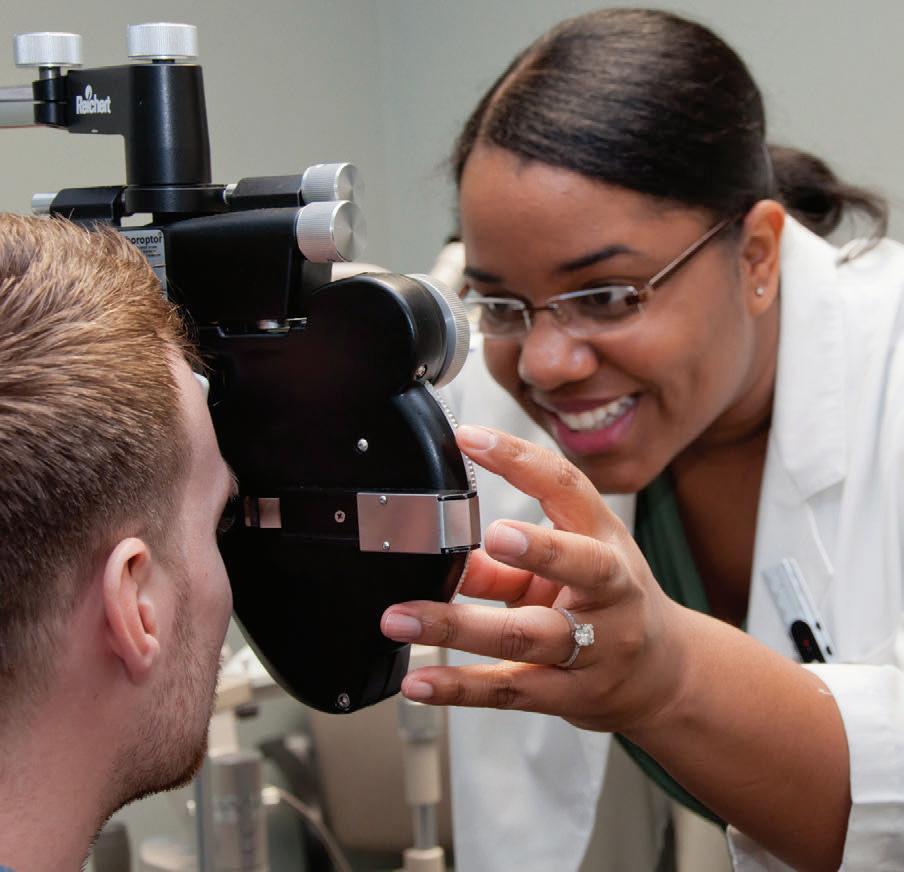






























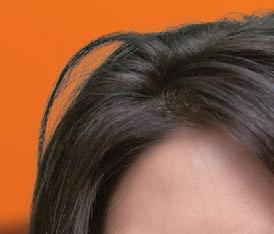













Optometrists are the primary care providers of vision care in America. We work in a challenging and rewarding career, and are the only providers thoroughly trained in all aspects of vision science and optics.


)









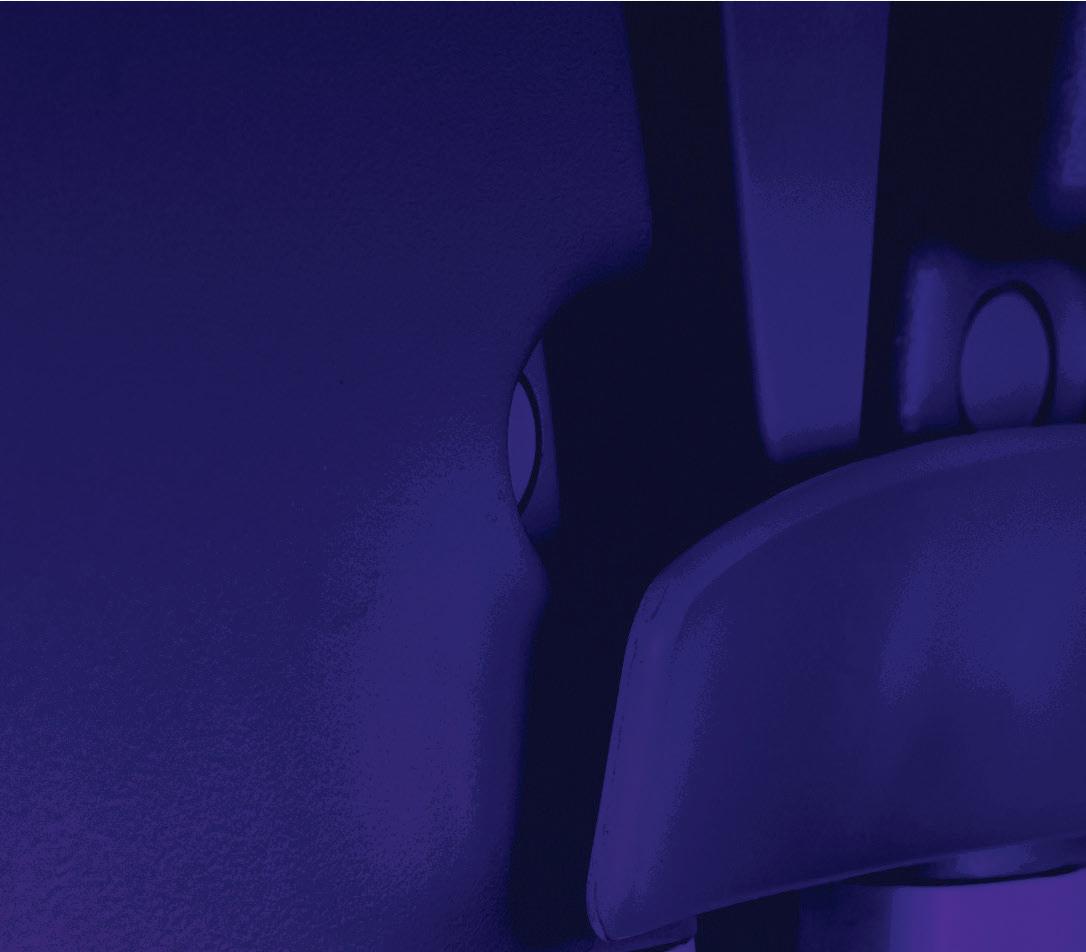
General Practitioner
• PRESCRIBE glasses and contact lenses
• TREAT and manages eye disease
• DIAGNOSE and treat vision loss and vision conditions

• DETECT systemic conditions (hypertension, diabetes, high blood pressure)









• PEDIATRICS
Vision care for children
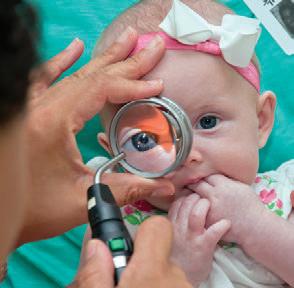

• LOW VISION

• IMPROVE visual skills and abilities



















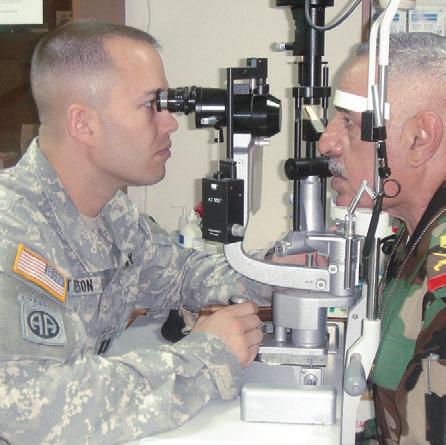


















Treating patients with reduced vision due to injury or disease
• Vision Therapy
Improving visual abilities through eye exercises
• Sports Vision
Vision therapy used to enhance the visual performance of athletes
• Occupational Vision
Keeping eyes safe from strain and/or injury on the job
• Ocular disease
Diagnosing, treating and managing eye disease
• Contact lens


treatable with contact lenses
Anywhere and everywhere!

Properly diagnosing/managing conditions
Rural Small Practices | Suburban Group Practices | City Hospitals and Clinics | Community Health Centers
US Military/VA Hospitals | Retail Offices…just to name a few!


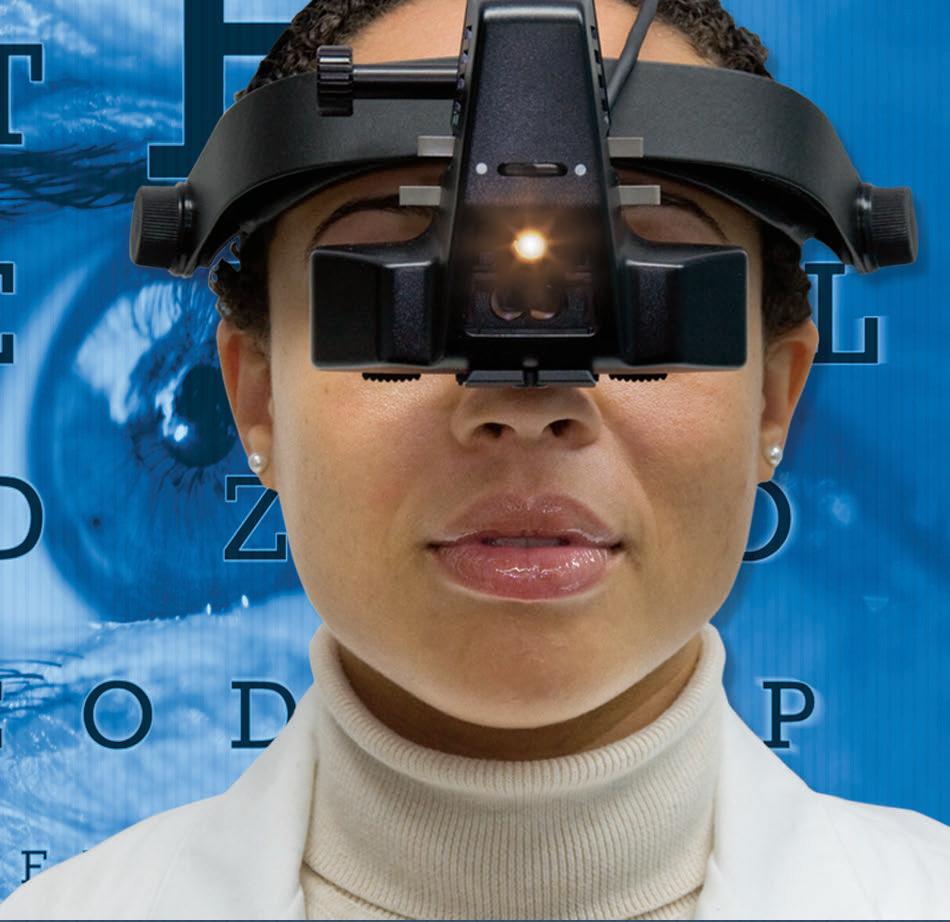
152,793

fun fact:




195,283
169,469
*2021 Average income for full-time optometrists based on region of the US $219,656
194,782
In 2021, self-employed ODs earned 80% more than those employed by others. Optometry is a great careers for entrepreneurs!




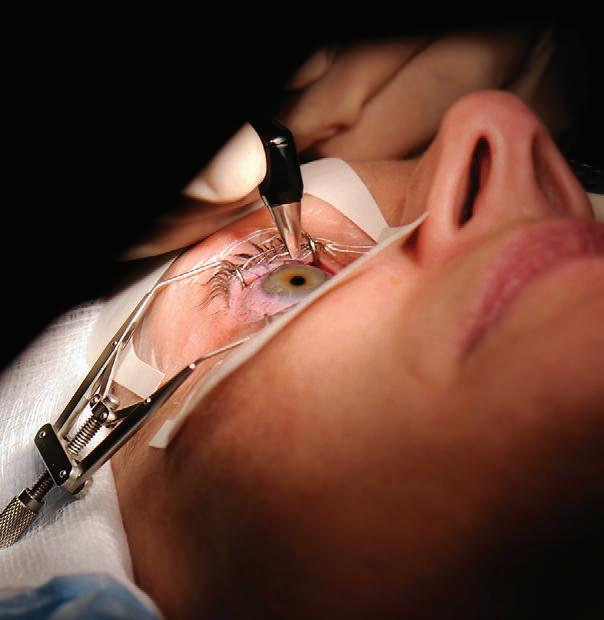



• Minimum 3 years of undergraduate education
• Bachelor’s degree preferred
• A majority of college credits completed at 4-year institution





• 4-year Doctor of Optometry degree program at 1 of 23 optometry schools
• Pass National Board exams
• Complete residency program (optional)


required majors

required prerequisites
Biochemistry or Molecular Biology | 1 Course
Calculus | 1 Course
English Literature or Composition | 1 Year

There are no required majors! Our students major in everything from Biology, to Criminal Justice, to Spanish.
General Psychology | 1 Course
Microbiology or Bacteriology with Lab | 1 Course
Organic Chemistry with Lab | 1 Course
General Biology or Zoology with Labs | 2 Courses
General Chemistry with Labs | 2 Courses
General Physics with Labs | 2 Courses
Social Science | 2 Courses
Statistics | 1 Course
• Physics
• General Biology

• General Chemistry
• Organic Chemistry
• Quantitative Reasoning
Students with a minimum 3.30 GPA and 300-400 score on the OAT will be considered competitive. The preferred optometry school standardized test is the Optometry Admission Test (OAT). Most students sit for the exam during their Junior or Senior years of college. It takes about five hours to complete the exam, and it covers:
• Reading Comprehension






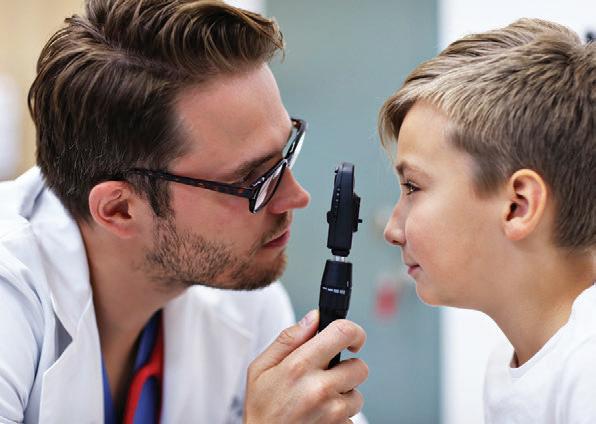

Enroll in courses designed to prepare you for a college level program. Excel in science and math courses — Biology, Chemistry, Physics, Algebra, Geometry, etc.
Spend time observing multiple ODs in various settings. Ask questions about the profession and observe the daily activities in an optometry office so you can learn whether or not the life of an OD is the life for you!
• Almost 100 years of experience educating and preparing optometrists.
• Hundreds of hours of experience with talented faculty and a diverse patient population.
• The Eye Center: one of the largest state-of-the-art vision and eye-care facilities of its kind.
• 9:1 student-to-faculty ratio.
• Above average on the National Board of Examiners in Optometry exam. Passing this exam is required in order to practice in the United States.
• 3.7(+) average GPAS and 335(+) average OATs.
• Represents nearly all 50 states with 20 unique student organizations.
• One of the most diverse, dynamic and affordable major cities in the region: Memphis, Tennessee!
• Committed to educating the best possible healthcare providers, promoting lifelong learning and fostering a personal commitment to service.